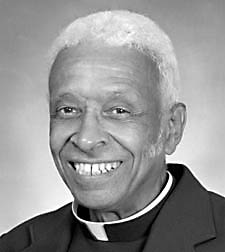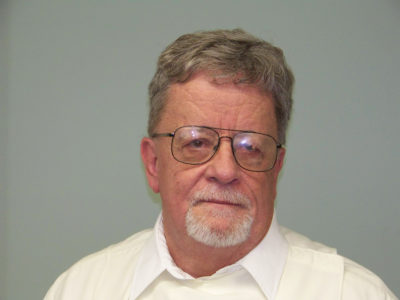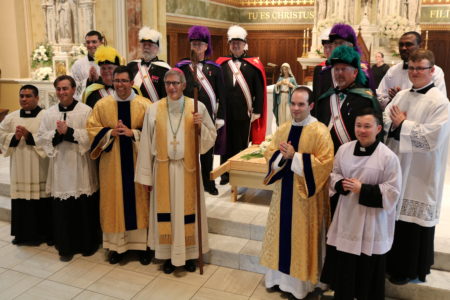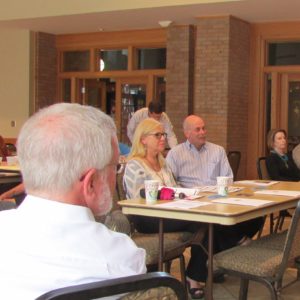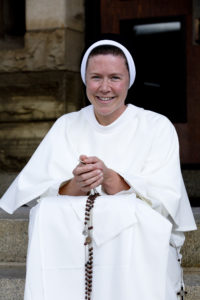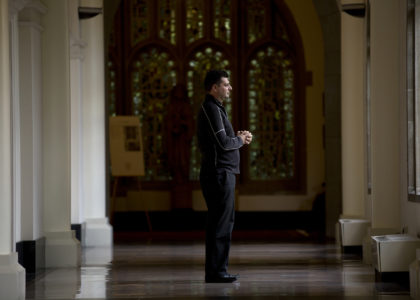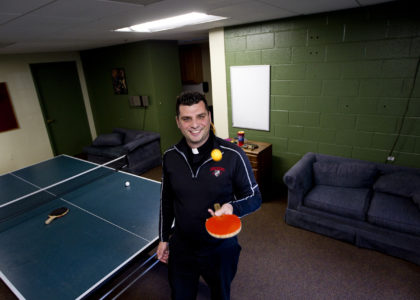Thank You for Your Service
By Joseph McAleer
NEW YORK (CNS) – For many soldiers returning from war, a brand-new battle for survival begins at home. That struggle is depicted in “Thank You for Your Service” (Universal), a powerful drama about the devastating impact of post-traumatic stress disorder.
Writer-director Jason Hall, inspired by David Finkel’s eponymous nonfiction book, chronicles fact-based stories of veterans of the Iraq War as they work to reconnect with their civilian lives and seek healing, with mixed results.
At the heart of the film is Sgt. Adam Schumann (Miles Teller), who arrives in Kansas with his squad after their latest tour of duty. Outward appearances deceive: Schumann’s smiling demeanor masks an inner turmoil.
He is haunted by the recent death of fellow Sgt. James Doster (Brad Beyer), and the near-fatal wounding of squad member Michael Emory (Scott Haze), felled by a sniper’s bullet. Schumann feels responsible for Doster’s death, and is unable to face his grieving widow, Amanda – played by Amy Schumer, in a less-than-successful departure from her comedic persona – who demands to know how her husband died.

Miles Teller, Beulah Koale and Joe Cole star in a scene from the movie “Thank You for Your Service.” The Catholic News Service classification is A-III — adults. The Motion Picture Association of America rating is R — restricted. Under 17 requires accompanying parent or adult guardian.(CNS/Universal)
Schumann reunites with his wife, Saskia (Haley Bennett), and his two small children. But despite the horrors of war, he misses his old life and the camaraderie of his men.
“I was a good soldier. I had purpose, and I loved it,” he says.
As Schumann bottles up his emotions, Saskia tries to break down the barrier between them. “Don’t spare me the details,” she pleads. “I can take anything but quiet.”
Meanwhile, another member of the unit, Tausolo Aeiti (Beulah Koale), is in even worse shape, coping with a brain injury sustained during a bomb explosion. As his world falls apart, Aeiti drifts into crime and drugs.
Both Schumann and Aeiti know they need help, and turn to the local Veterans Affairs hospital. But that institution is swamped with requests and low on resources. With waiting lists extending for weeks, returning soldiers are often forced to fend for themselves.
Hall, who wrote the screenplay for another Iraq War drama, 2014’s Best Picture-nominee “American Sniper,” offers a brutally honest portrayal with an emotional intensity that is at times difficult to watch. He evokes sympathy for the veterans and their plight as well as outrage at a bloated bureaucracy seemingly unable to cope with the PTSD crisis at hand.
The film contains graphic wartime violence and bloodshed, a suicide, drug use, a glimpse of full female nudity, sexual banter, a couple of uses of profanity and pervasive rough and crude language. The Catholic News Service classification is A-III – adults. The Motion Picture Association of America rating is R – restricted. Under 17 requires accompanying parent or adult guardian.
(McAleer is a guest reviewer for Catholic News Service.)
—
A Bad Moms Christmas
By John Mulderig
NEW YORK (CNS) – Aggressive vulgarity is the incongruous hallmark of this holiday-themed sequel. As the trio of mothers (Mila Kunis, Kristen Bell and Kathryn Hahn) featured in the 2016 original deal with the wholly unrealistic problems caused when their own moms (Christine Baranski, Cheryl Hines and Susan Sarandon) show up for Christmas, with or without an invitation, the only thing more tiresome than their sex-obsessed wisecracking is their self-important resolve to take the feast back and celebrate it in their own fashion. Since that approach includes ogling male strippers dressed as “sexy Santas,” for one of whom (Justin Hartley) Hahn’s character falls, to say they’ve lost touch with the reason for the season is an understatement. Ditto returning co-writers and directors Jon Lucas and Scott Moore.

Mila Kunis and Jay Hernandez star in a scene from the movie “A Bad Moms Christmas.” The Catholic News Service classification is O — morally offensive. The Motion Picture Association of America rating is R — restricted. Under 17 requires accompanying parent or adult guardian.(CNS photo/STX Entertainment)
Blasphemy, cohabitation, drug use, strong sexual content including partial nudity and much obscene humor, several uses of profanity, pervasive rough and crude language. The Catholic News Service classification is O – morally offensive. The Motion Picture Association of America rating is R – restricted. Under 17 requires accompanying parent or adult guardian.
(Mulderig is on the staff of Catholic News Service.)
—
Novitiate
By Sister Hosea Rupprecht
NEW YORK (CNS) – “Novitiate” (Sony Classics)
At a time when the reforms of Vatican II caused some nuns to leave the convent, a wide-eyed young woman (Margaret Qualley) decides to enter, having fallen in love with God.

Melissa Leo stars in a scene from the movie “Novitiate.” The Catholic News Service classification is O — morally offensive. The Motion Picture Association of America rating is R — restricted. Under 17 requires accompanying parent or adult guardian. (CNS photo/Sony Pictures Classics)
There a rigid tyrant of a mother superior (Melissa Leo) lords it over her new charges, making it her mission to scrutinize them to see if they are up to the rigors of life in the order. Writer-director Margaret Betts follows the novices as they struggle with faith, sexuality, and the effects of change in the church. An artistic drama with compelling performances, the film nonetheless reveals its creator’s lack of familiarity with Catholicism and ultimately takes a stand viewers of faith are bound to reject. Strong sexual content, including full nudity, same-sex kissing, implied masturbation and lesbian sexual activity, one use of profanity, several instances of rough language, at least one crude term. The Catholic News Service classification is O – morally offensive. The Motion Picture Association of America rating is R – restricted. Under 17 requires accompanying parent or adult guardian.
(Sister Rupprecht, a Daughter of St. Paul, is a guest reviewer for Catholic News Service.)

